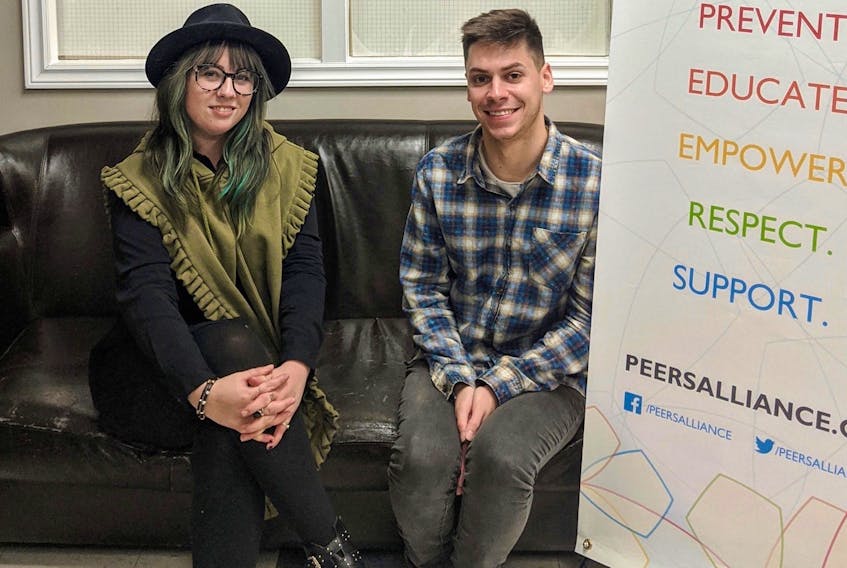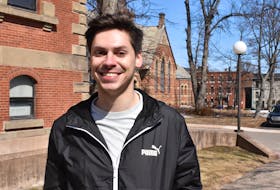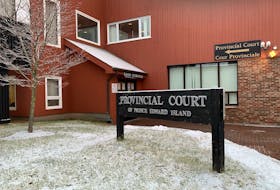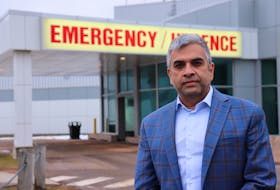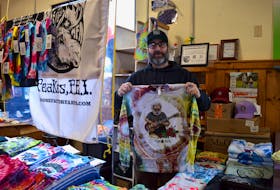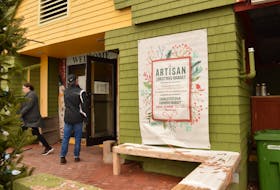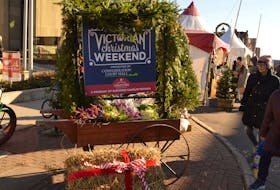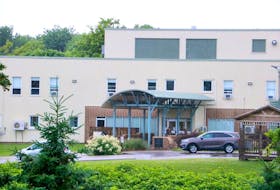CHARLOTTETOWN, P.E.I. — PEERS Alliance has finished the first leg of its Linking Together project, a community outreach program aimed to bring people together under the 2SLGBTQ+ banner.
The primary objective of the project is to build a space for marginalized Islanders seeking community.
For Kandace Hagen, growing up in rural P.E.I. she never felt like she could come out as a lesbian based on a lot of those experiences of not feeling safe or welcomed.
“Within rural communities, a lot more folks who don’t feel safe or comfortable coming out, especially under the guise of 2SLGBTQ+, part of the work that we are doing is to break down those barriers and create safer spaces for people to navigate,” she said.
As a 2SLGBTQ+ community infrastructure strategy co-ordinator, Hagen is working to create a space that would allow freedom in identity.
She explained that, last February, PEERS Alliance held a community-centre-for-a-day event at the Charlottetown Haviland Club.
Around 100 people came to the event and took part in skills sharing, information sessions and connecting with other members of the 2SLGBTQ+ community.
“(The event) was quite powerful, and through that we received a grant from the government of Canada through Heritage Canada to continue that work over the next six months,” said Hagen. “We are doing a lot of community consultations, gathering information about services and resources and also gaps in those services and resources.”

The project had five sessions and included rural communities, Indigenous communities and the Charlottetown urban centre.
Gaps in supports, said Hagen, are broken into a couple of different categories like housing, employment services, mental health, health care in general and issues that surround trans Islanders in the community.
Hagen said highlighting the two-spirit Indigenous population, Black, Indigenous and people of colour (BIPOC) and elderly communities was something PEERS wanted to focus on during the outreach program.
One of the biggest aims, said Hagen, was to get the community to come together and create a type of online hub, which will be heavily governed by the 2SLGBTQ+ community.
“We were speaking with someone (from up west) who has lived on the Island for several years and had no idea about the events that happened and was not even aware that there is a Pride parade that happens in Charlottetown,” she said.
“It is really about opening up those channels of communication so that people across the Island looking for queer community are able to access it.”
For Tyler Murnaghan, Hagen's fellow 2SLGBTQ+ community infrastructure strategy co-ordinator, some of the challenges in the forums have been in just reaching people in the community.
“What we wanted is to be able to give information from this space to a wider community but also getting information from it,” he said.
“Allow people to connect and foster this community by themselves. I know one idea that has come up is a message board, so people can reach out and say, “Let’s go have dinner at this restaurant,” people can go out and anyone from the community a community space.”
Murnaghan, who grew up in the more urban settings of Charlottetown, said he knows he had an easier experience than someone who grew up in rural P.E.I.
In the last 10 years since entering and leaving high school, he said he has seen so much change in the development of queer culture that exists in Charlottetown.
“We are starting to see it fill out in these rural communities is just amazing to see."

